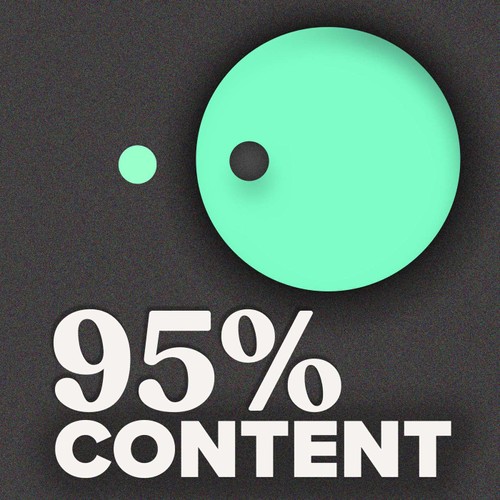
 95% Content
95% Content Creating Differentiated Content That Builds Trust (with John Bonini, Founder of Content Brands)
14 snips
Feb 13, 2025 John Bonini, founder of Content Brands, sheds light on the evolution of B2B content marketing. He discusses the dire consequences of relying on undifferentiated content, especially with the rise of AI. John emphasizes the need to treat content like a product and integrate audience feedback for trust-building. He articulates the importance of an interconnected content ecosystem and shares successful examples from companies like SparkToro and Buffer. Listeners will discover innovative strategies that create genuine connections and foster brand loyalty.
AI Snips
Chapters
Transcript
Episode notes
Undifferentiated Content Problem
- B2B marketers often create undifferentiated content, mimicking competitors and following SEO tools.
- This leads to a content overload, making it harder to stand out, a problem worsened by AI.
Focus on Internal Expertise
- Start content creation by focusing on internal expertise, perspectives, and unique experiences.
- Shift away from solely educational content; incorporate informative, inspiring, and entertaining elements.
Wistia's BrandWagon
- Wistia's BrandWagon series, featuring interviews with business leaders during a station wagon's refurbishment, exemplified non-measurable content's success.
- This approach built brand and audience before customer need, proving content's long-term value.
